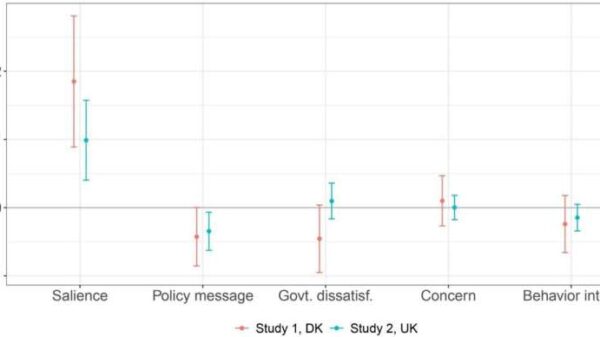Zena Jackson, vice president for academic affairs at Tarrant County College’s Connect Campus, has been placed on administrative leave as of November 20, 2025. The decision follows a controversy surrounding overpayments to faculty members who taught virtual courses during the summer semester.
The news was communicated via an email from interim campus President Kelly Willing to faculty at the college. This email was subsequently shared with the Fort Worth Report. Jackson’s leave comes shortly after faculty were informed they must repay portions of their summer salaries due to these overpayments.
Details of the Overpayment Situation
In a statement on November 20, Shelley Pearson, the college’s provost, confirmed her termination, citing issues related to “faculty salary matters at TCC Connect.” The exact reasons for Jackson’s leave remain unclear, and she has not yet responded to requests for comment from the Fort Worth Report.
Reginald Gates, vice chancellor for communications and external affairs at TCC, declined to provide further details, emphasizing that the institution does not comment on personnel matters. In Jackson’s absence, Deshonta Holmes, vice president of student affairs for the Connect Campus, will assume her responsibilities.
Jackson has been with TCC since the fall of 2013, following a lengthy career at Dallas College North Lake that spanned 28 years. The ongoing situation has raised concerns among faculty regarding their compensation and the management of the academic program.
Context of the Investigation
A closed-session item was included in the TCC board meeting agenda on November 20, focusing on a “TCC Connect Investigation Report.” Gates refrained from commenting on this item as well, reiterating the institution’s policy of not discussing personnel issues publicly.
In an email dated October 10, 2024, Pearson had outlined expectations for faculty to teach three to four-and-a-half hours in the summer, a requirement that could be fulfilled by teaching one course. Jackson had communicated this to faculty, stating that “courses taught beyond this required load will be paid accordingly.” This guidance appears to be at the core of the current issues regarding salary adjustments.
The ongoing investigation and administrative changes highlight the challenges faced by Tarrant County College as it navigates these significant faculty compensation issues. The impact on faculty morale and the potential ramifications for the college’s academic integrity remain to be seen as the situation develops.
For more updates on this story, contact McKinnon Rice, the higher education reporter for the Fort Worth Report.



































































